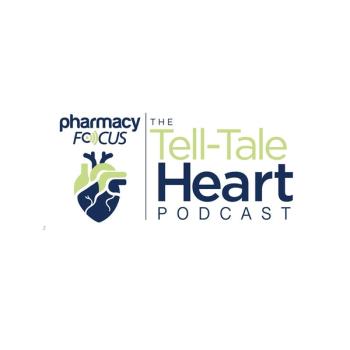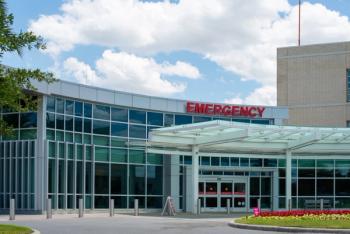
HIV Linked to Increased Risk of Mortality from Lung Cancer
Some studies have suggested that patients with HIV have not only a higher risk of lung cancer, but also an increased risk of mortality from lung cancer than patients without HIV.
The increased risk of cancer in patients with HIV
has been well defined, and some studies have suggested that patients with HIV have not only a higher risk of lung cancer, but also an increased risk of mortality from their cancer than patients without HIV.
While it is clear that there is a higher incidence
of smoking among people living with HIV, it has also been suggested that, because HIV is associated with poor immune regulatory function, infection can lead to metastasis of tumor cells. It has also been proposed that the respiratory system is particularly susceptible to immunosuppression related to HIV. While the mechanisms that explain the association between HIV and mortality from lung cancer remain elusive, a recent
, published in
Medicine,
sought to assess the impact of HIV status on mortality form lung cancer.
Using the PubMed and Embase databases, researchers from China conducted a review of studies that assessed the association between HIV infection and mortality among patients with lung cancer, and found 12 studies that met quality standards for inclusion.
In the meta-analysis of the studies, the pooled relative risk (RR) of mortality among patients with lung cancer who had HIV was 1.48 (95% CI, 1.22-1.78;
P
=.001), and by histological types, among the 3 studies that involved patients with non—small cell lung cancer (NSCLC), HIV was significantly associated with an elevated risk of mortality (RR, 1.69; 95% CI, 1.48-1.94;
P
<.001).
Click to continue reading on
Newsletter
Stay informed on drug updates, treatment guidelines, and pharmacy practice trends—subscribe to Pharmacy Times for weekly clinical insights.







































